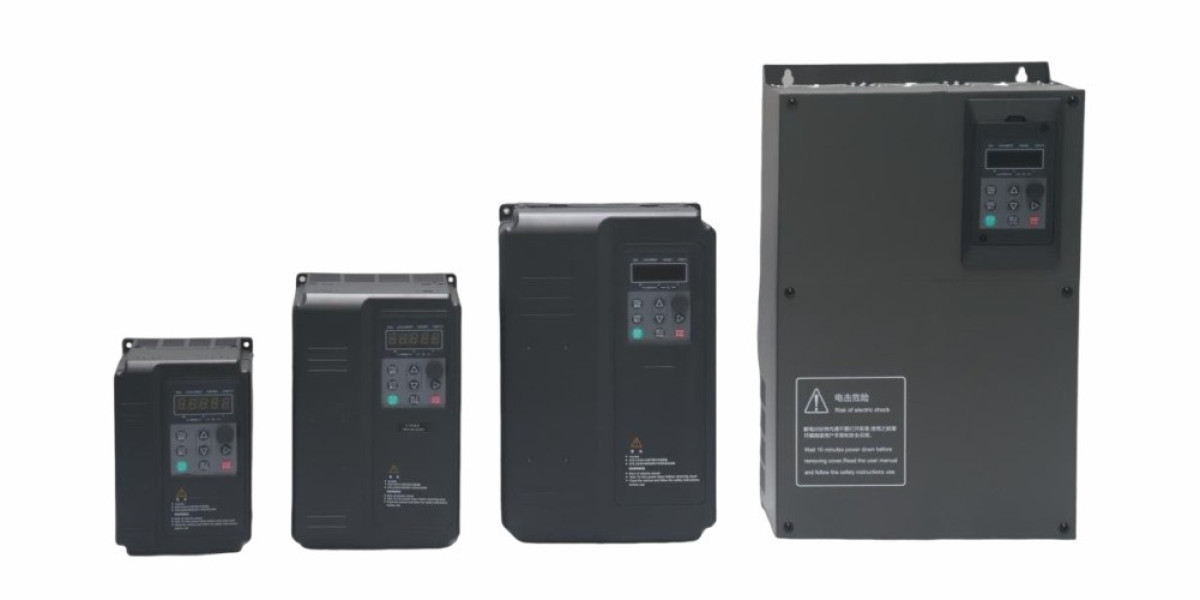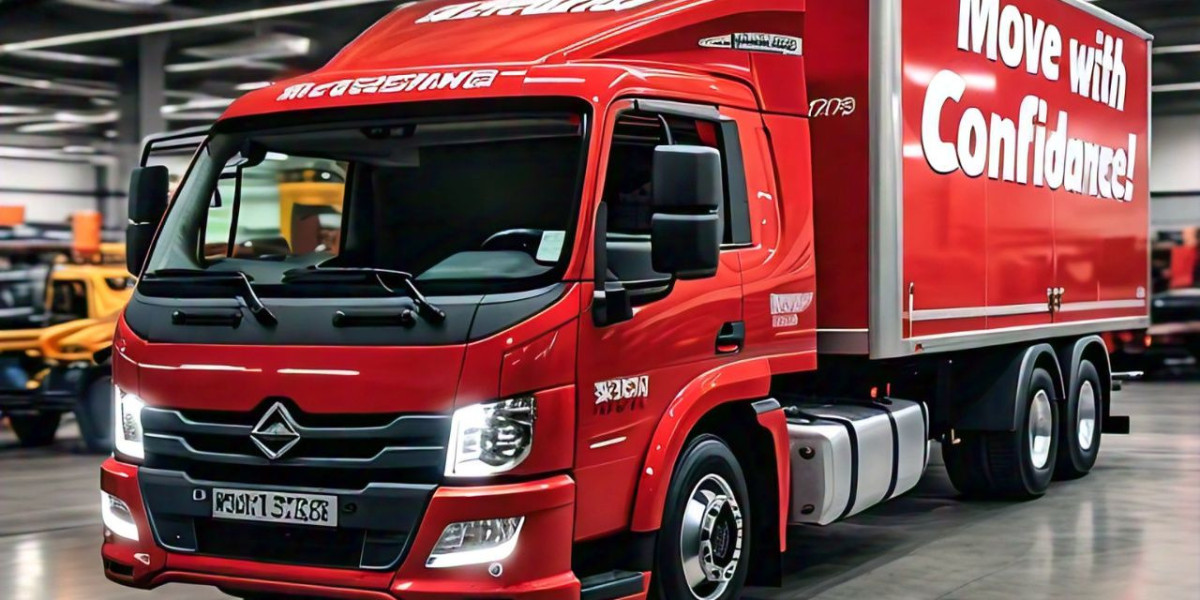Servo drives are at the heart of modern motion control systems, playing a crucial role in industries where precision, speed, and control are essential. From robotics to CNC machinery, and automated manufacturing systems, servo drives have become key enablers of advanced motion control, enhancing the performance and efficiency of various applications.
So, what exactly are servo drives? In simple terms, a servo drive is a specialized electronic amplifier used to control electric servomotors. It works by receiving commands from a control system, processing the feedback signals, and making adjustments to ensure the motor behaves exactly as intended. This precise control is what makes servo drives indispensable in high-performance systems.
One of the standout advantages of servo drives is their ability to offer highly accurate position, velocity, and torque control. By continuously adjusting the motor's speed and position, they ensure optimal performance, even in dynamic environments where loads and forces may change rapidly. This makes servo drives ideal for industries such as aerospace, automotive, and robotics, where even the slightest error can be costly.
Additionally, modern servo drives come equipped with advanced features like programmable motion profiles, safety functions, and communication interfaces that allow seamless integration into complex automation systems. As technology evolves, the capabilities of servo drives continue to expand, offering even greater precision and control.
In conclusion, servo drives are a fundamental technology for motion control, enabling machines and systems to achieve high accuracy, speed, and reliability. Their impact spans across multiple industries, making them an essential component in the future of industrial automation and robotics.








